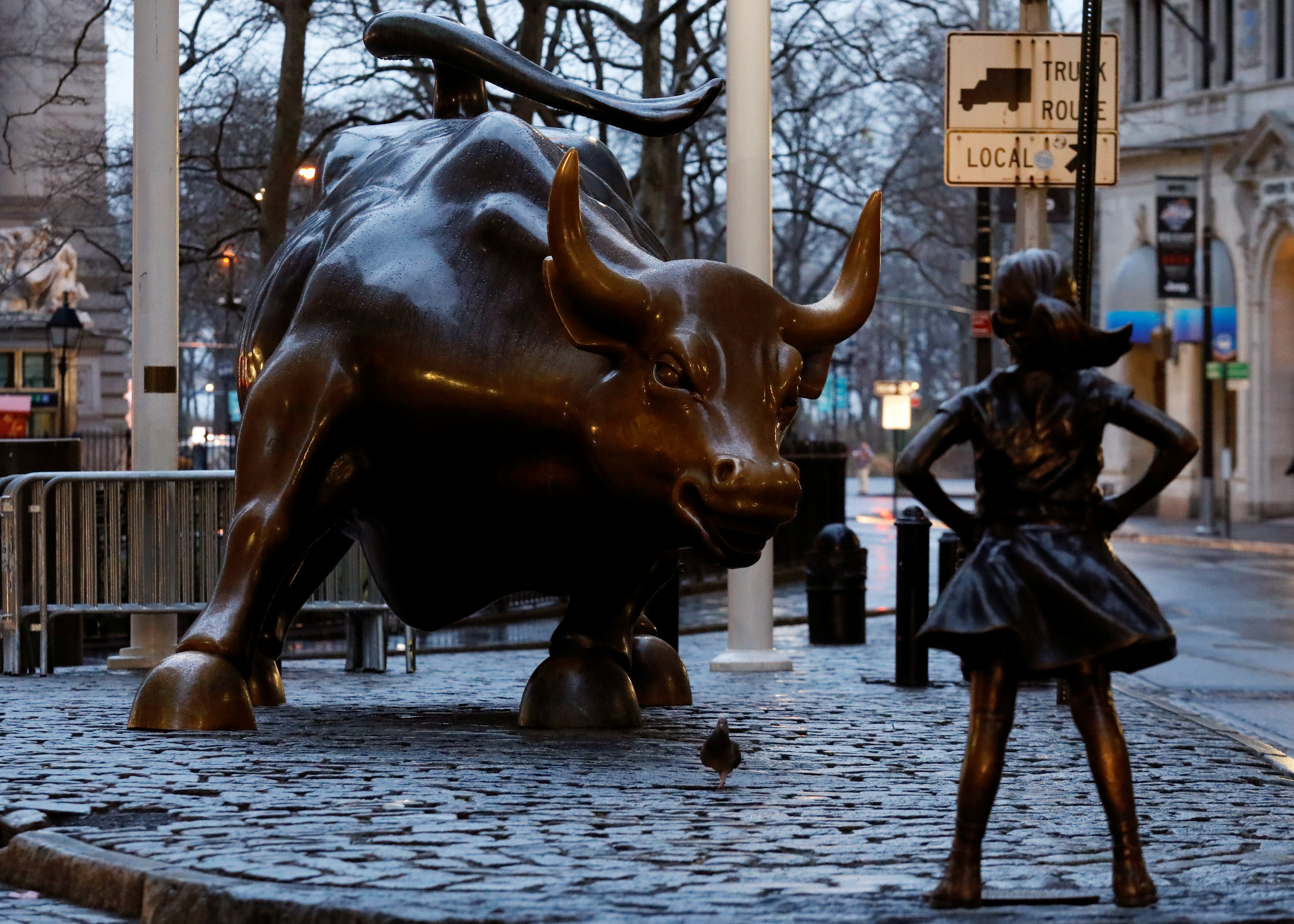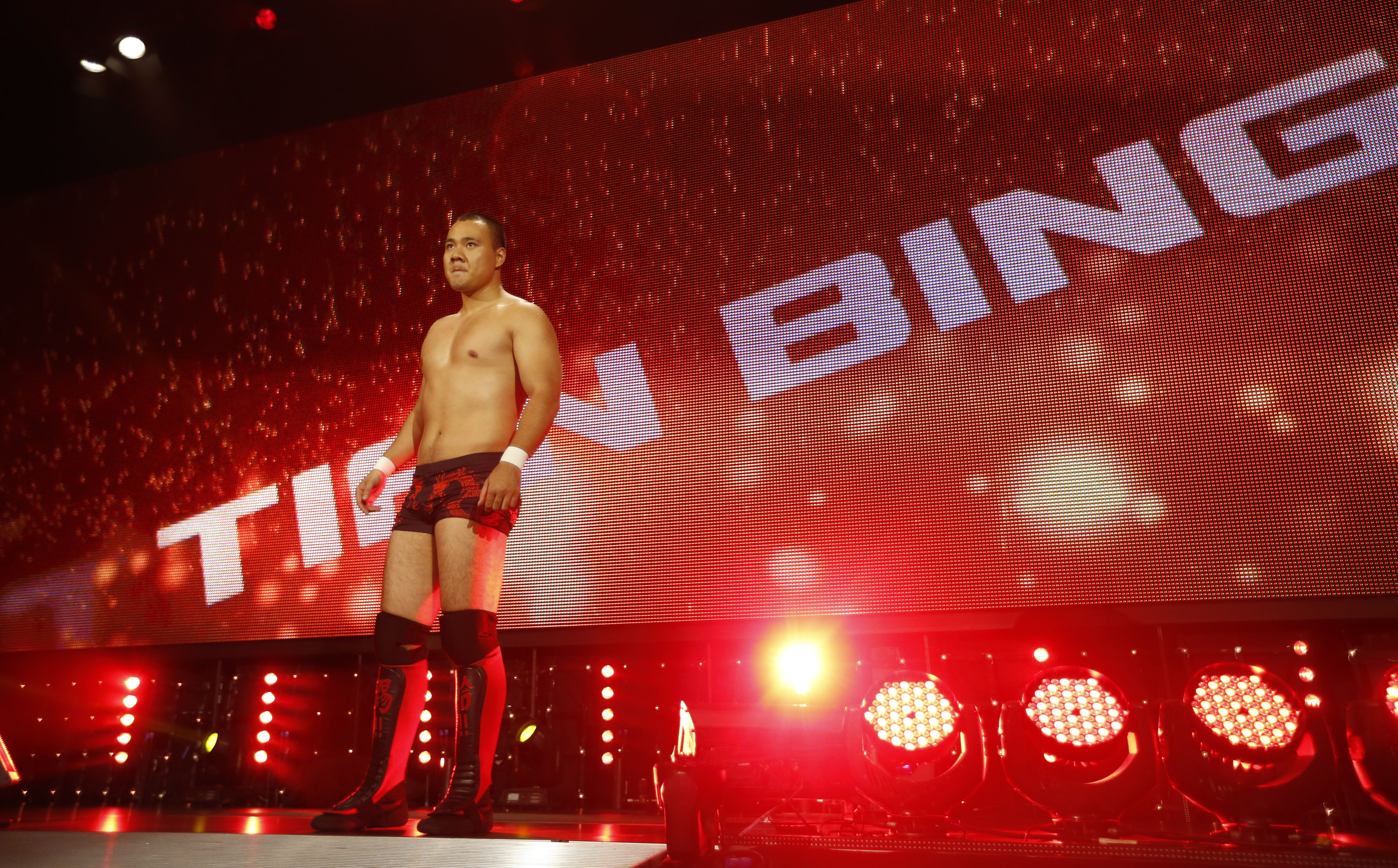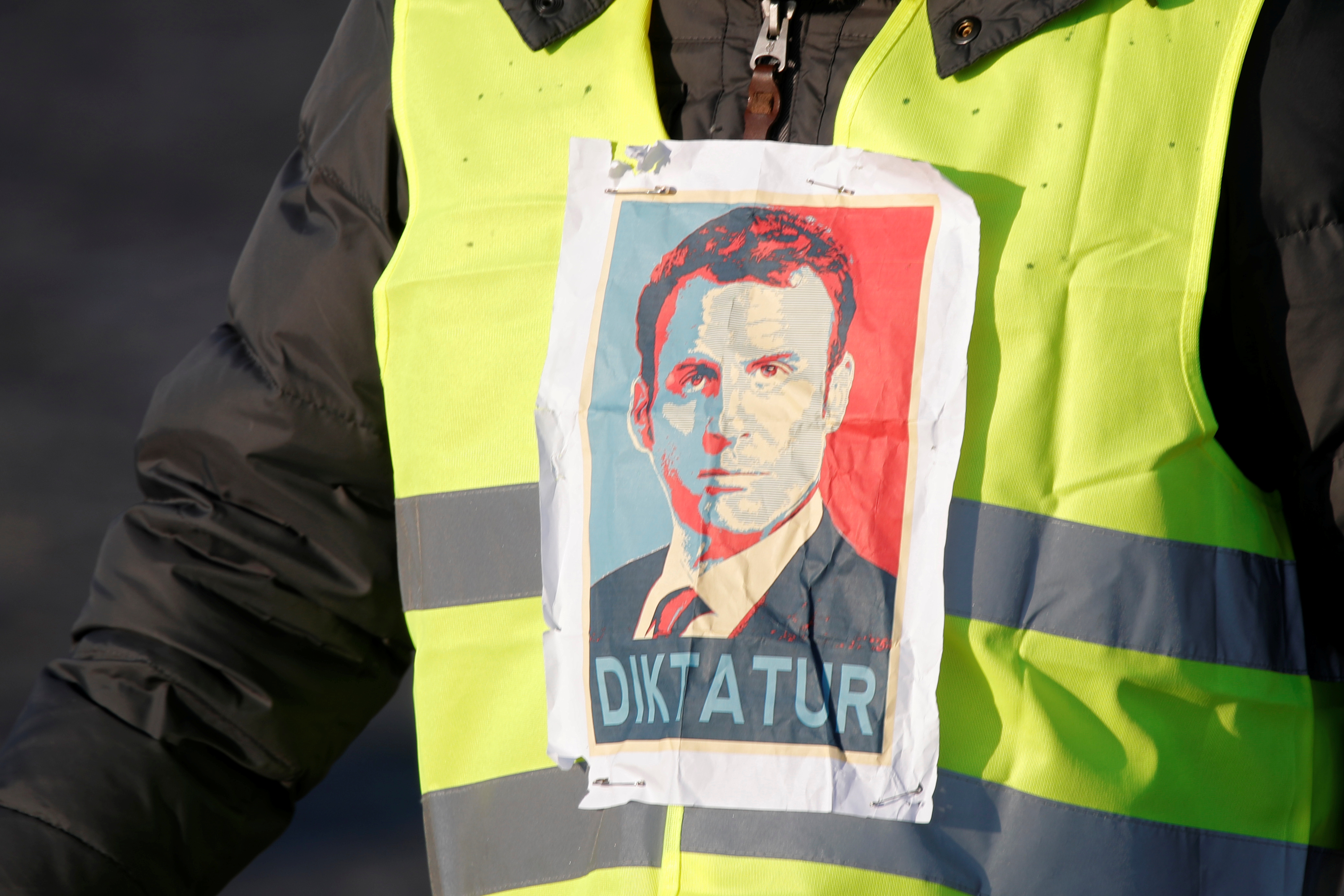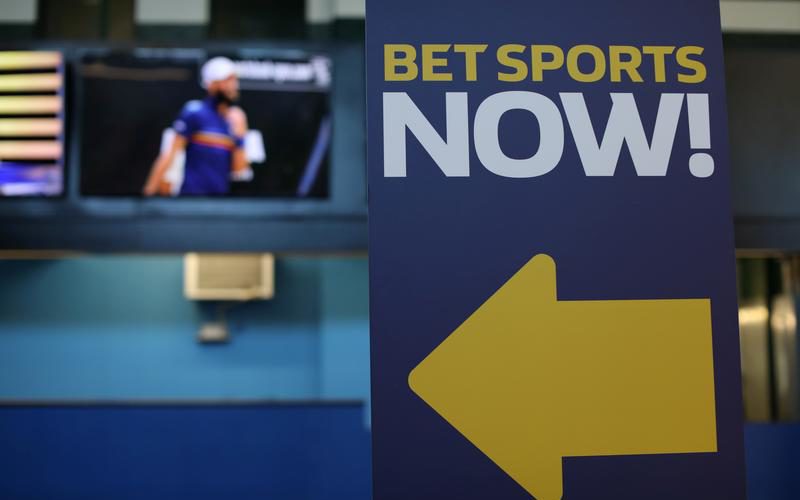BY JOHN FOLEY AND NEIL UNMACK
Few people would have disagreed at the beginning of the year that the nine-year-long bull market was reaching its end phase. That didn’t diminish the shock when it actually happened. Here is Breakingviews’ imagined account of how the good times came to an end in 2019.
Day 1 – The market opens on an unremarkable Monday. A mid-sized maker of car fan belts files for Chapter 11, blaming European tariffs levied in response to U.S. trade barriers. Three hours later, Facebook announces a data breach, which it attributes to alt-right Generation Z whiz-kids with possible links to Russia. Investors, jittery over the impact of trade war and tech-sector weakness, start to sell. The S&P 500 Index slumps 4 percent, financial and internet stocks bearing the brunt.
Day 2 – Tech stocks fall further and faster. That afternoon, President Donald Trump takes to Twitter to call Federal Reserve Chairman Jerome Powell an “ENEMY OF THE PEOPLE” for his reluctance to cut rates. Later at an event, Powell emphasizes that the Fed is not on a pre-set course, but stocks only slide further. Trump muses on replacing the Fed chief with wrestling promoter Vince McMahon. Despite confusion over whether such a thing is possible, the S&P slides 4 percent.
Day 3 – Two ratings agencies say they are downgrading a basket of BBB-rated bonds to junk status, expressing concern that a slowing economy will push up defaults. Spreads on high-yield bonds widen dramatically. Market-makers stop trading some exchange-traded funds exposed to corporate debt, and collateralized loan obligations, which buy and repackage junk-rated loans, start offloading assets. The S&P slips 3 percent.
Day 4 – Trump announces the formation of “Team America,” a group of U.S. plutocrats who pledge to invest their personal wealth in the U.S. stock market, including the chief executive of one of Wall Street’s biggest lenders and Treasury Secretary Steven Mnuchin. Within hours, Tesla chief Elon Musk, who had been named as one of the group, tweets that he is looking forward to taking America private “at 420.” Stocks dive a further 5 percent.
Day 5 – Warren Buffett, whose name did not appear on the Team America line-up, tells a CNBC interviewer that he sees no buying opportunities at current levels, and is minded to use his $100 billion cash pile buying back shares instead. Retail investors take fright. Stocks slump 3 percent. Facebook’s valuation has now fallen from $390 billion at the start of the year to just $200 billion.
Day 6 – Over the weekend, Chinese President Xi Jinping expresses concern that, as the holder of $1.2 trillion of U.S. debt, China’s feelings have been hurt by U.S. volatility. Starbucks branches immediately attract protests in second-tier Chinese cities, and rumors proliferate that the People’s Bank of China is preparing to sell Treasuries. Yields on 10-year debt hit 4 percent. The S&P has now fallen 20 percent in a week.
Day 7 – Talks over the acquisition of a large media company fall apart. The buyer blames uncertain markets, but reports emerge that the company’s bankers got cold feet, and withdrew a letter they had provided declaring themselves “highly confident” of arranging financing. Shares in dozens of putative takeover targets fall as much as 30 percent. Trump tells Fox News that Securities and Exchange Commission Chairman Jay Clayton could be doing more to help.
Day 8 – An open letter from Wall Street bank chief executives appears in the financial press, arguing that post-crisis banking reforms have made the meltdown worse. They argue that proprietary trading, which could have enabled banks to buy up stocks on their own account, would have stemmed losses, and call for a reconsideration of Basel 3 and Dodd-Frank Act rules. Financial stocks rise, but the S&P still ends the day down 2 percent.
Day 9 – Mnuchin announces he is standing down from the Treasury, but pledges his full support for the president. Trump says he will pick a replacement quickly, and declines to shut down reports that he is considering rapper Kanye West for the role. Stories emerge that the original selloff may have been triggered by hedge funds who had set up algorithms to trade automatically based on Trump’s tweets. Markets are flat.
Day 10 – Facebook says Buffett is investing $10 billion as a vote of confidence, taking voting shares and generously priced warrants. The slide in stocks has stopped, as abruptly as it began. The market closes up slightly but has lost almost a quarter in two weeks. Congress begins to discuss curbs on algorithm-based trading. After markets close, the White House announces its new pick for the Treasury: first daughter Ivanka Trump.
First published Dec. 18, 2018.





